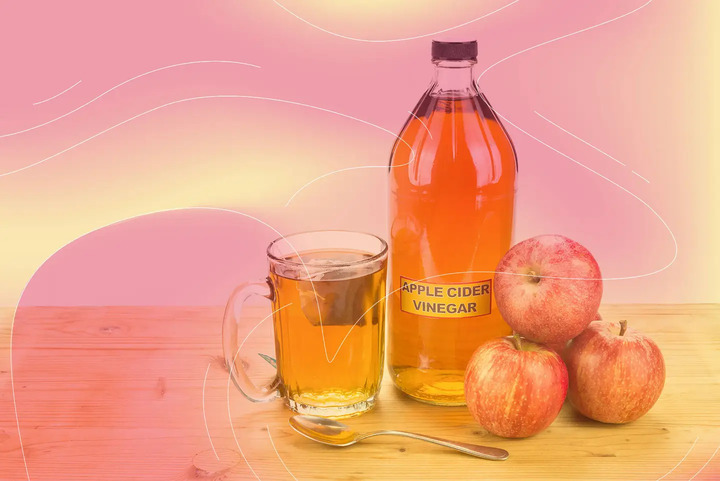
Feeling the need to rejuvenate your body and soul? You may have come across various trendy “cleanse” techniques promising to purify your system and invigorate your health. From oil pulling to apple cider vinegar, these practices have gained traction in wellness circles, but do they deliver on their promises? Let’s delve into the facts behind four of the most hyped detoxing methods.
Apple Cider Vinegar
Apple cider vinegar (ACV) has become synonymous with cleansing rituals, hailed for its purported ability to address a myriad of health concerns. Advocates tout its microbial-rich “mother” as a panacea for everything from skincare to metabolism. However, scientific evidence supporting these claims remains scant. While some studies suggest potential benefits for glucose metabolism and weight management, others refute these claims. Moreover, ACV consumption has been associated with adverse effects such as tooth enamel erosion and gastrointestinal issues, underscoring the need for caution.
Oil Pulling
Originating from Ayurvedic practices, oil pulling involves swishing oil in the mouth to purportedly detoxify the body and improve oral health. While some studies suggest modest benefits for oral hygiene, evidence of its detoxifying effects is inconclusive. Mainstream dentists caution against substituting oil pulling for traditional oral care practices, emphasizing the importance of brushing and flossing for maintaining dental health.
Lymphatic Massage
Lymphatic massage, touted for its detoxifying properties, aims to stimulate lymph nodes to eliminate toxins from the body. While it may offer relief for conditions like edema, claims of weight loss and overall health improvement lack scientific substantiation. Limited research suggests potential benefits for specific medical conditions, but the broader claims remain largely unverified.
Saunas
Saunas have long been lauded for their purported health benefits, including improved circulation and detoxification. While sauna sessions may promote cardiovascular health and alleviate certain ailments, exaggerated claims of weight loss and toxin elimination are unsubstantiated. Furthermore, excessive sweating can lead to dehydration and other risks, underscoring the importance of moderation and hydration.
In conclusion, while some cleansing trends may offer modest benefits, exaggerated claims should be approached with skepticism. Instead of relying on quick-fix solutions, prioritize holistic approaches to health, such as balanced nutrition, regular exercise, and adequate hydration. Remember, sustainable wellness practices are built on evidence-based principles rather than fleeting fads.